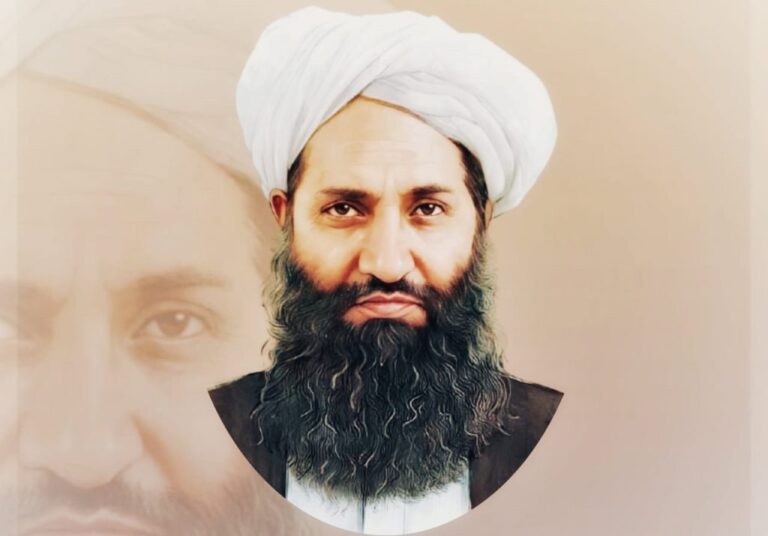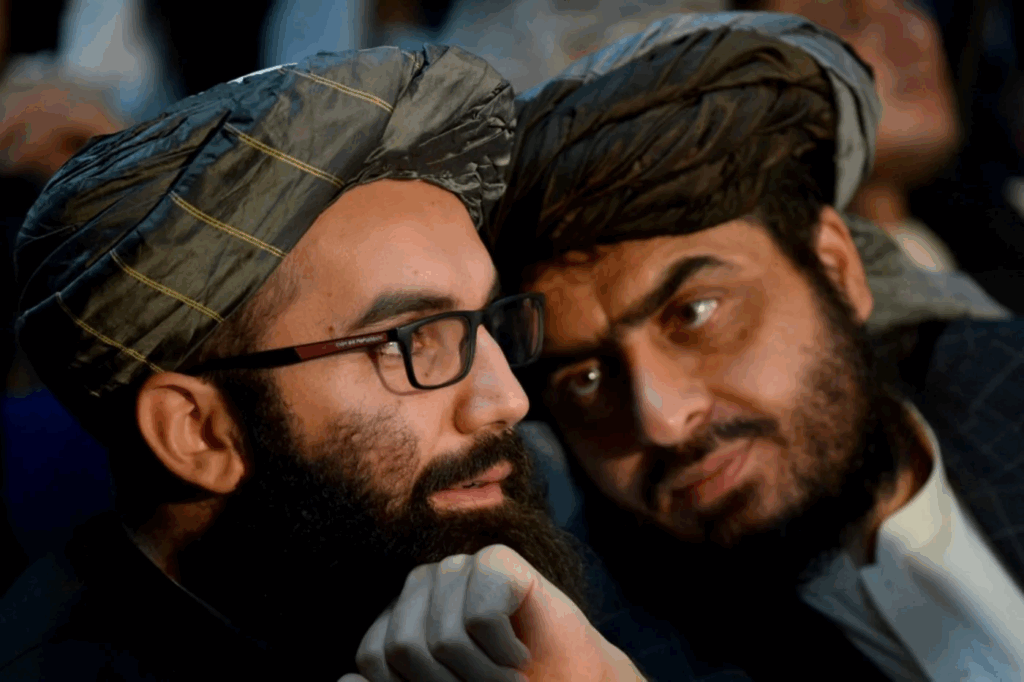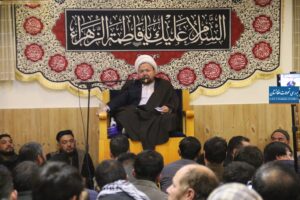Review of Afghanistan developments
Following the establishment of the Taliban government, there have been numerous alterations in official positions. These modifications were executed under the directive of the Taliban leader, signifying that the authority to change officials resides solely with the leader. Additionally, it is noteworthy that the Taliban leader’s approach to altering officials has seldom affected the cabinet level, primarily focusing on governors and military personnel. This situation prompts several critical inquiries: why do official changes happen so frequently, and why do new individuals rarely emerge within the power structure? Analyzing these questions may yield a more comprehensive understanding of the administrative and political rationale behind the Taliban government.
Absence of differentiation between military and civilian Taliban official authorities
The Taliban government fundamentally arose from a militant movement. The key criteria for advancement within this framework are combat experience, ideological allegiance, and a history of jihadist activity. Consequently, military leaders are designated not only in the realm of security but also across administrative, cultural, and political domains. From the Taliban’s perspective, governing the nation and overseeing provinces is akin to directing a military front; the governor, similar to a commander, is required to maintain “order and sovereignty” in both combat situations and local governance.
This relegates administrative and civilian expertise to a secondary role. For instance, ministries like information and culture, which are typically overseen by specialists knowledgeable in cultural domains in conventional systems, are assigned under the Taliban regime to individuals primarily recognized for their jihadist affiliations. This strategy is logical from the Taliban’s viewpoint, as they conceptualize governance through the lens of their jihadist objectives.
The reason for the frequent changes in Taliban officials
The ongoing turnover of officials among governors and commanders is influenced by various factors; primarily, it pertains to the management of loyalty. By frequently rotating individuals, the Taliban leader aims to prevent any single person from amassing power and undue influence within a specific region or institution. This strategy serves as a mechanism of control, ensuring that officials remain reliant on the central authority. In contrast, within the republican framework, numerous governors maintained their positions for extended periods in provinces predominantly aligned with their own ethnic groups, resulting in the formation of power enclaves throughout Afghanistan.
Secondly, maintaining a balance among factions and ethnicities is crucial. The Taliban consists of various groups and individuals. An equitable allocation of roles, along with the rotation of officials and their reassignment at both provincial and organizational levels, aids in alleviating tensions and rivalries within the groups.
Thirdly, it is important to highlight the absence of a formal bureaucratic framework. Within the Taliban’s organizational structure, there are no documented regulations or job descriptions pertaining to the government framework, and decisions concerning alterations in officials are predominantly reliant on direct commands from the leadership. In this context, swift and occasionally abrupt changes are not merely exceptions, but rather an inherent aspect of the governance process.
The reason behind the limitations on the new individuals during the official’s transition
Another notable feature of the Taliban government is its insular power structure. Individuals who are new, particularly those not within the traditional Taliban network, seldom gain access to the higher levels of this power hierarchy. The primary reason for this circumstance is a lack of trust regarding security. Leaders of the Taliban are apprehensive about the potential infiltration of external perspectives or the introduction of uncontrollable elements. Consequently, they tend to favor the same individuals whose loyalty has been established throughout the years of conflict.

The second reason pertains to the concentration of power among the group of jihadi officials. The structure of the Taliban government is predominantly a “closed elitist” system, where advancement is achievable solely through personal relationships and a jihadi background. This scenario hinders both new and seasoned individuals from accessing the higher levels of power or governance.
Consequences of the process of changing officials
This strategy has several significant implications; on one side, it aids in preserving the internal unity of the Taliban administration. The continuous alteration of officials and dependence on a loyal circle diminishes the likelihood of fragmentation and the concentration of personal power. Conversely, it undermines administrative and professional effectiveness. When a military leader takes on cultural or economic duties, it is expected that his viewpoint will be focused on security, lacking the requisite skills for development and civil governance. Furthermore, the premature replacement of officials obstructs the execution of an individual’s long-term objectives, allowing each person only the chance to initiate projects without the opportunity to finalize and institutionalize them.
Furthermore, the closed power cycle leads society to perceive that the government is deliberately preventing the inclusion of new and knowledgeable individuals. This situation is likely to result in societal frustration, particularly among the elite, ultimately fostering a divide between the populace and the government over time.
Related Articles
Removing the caretaker title from the Taliban cabinet
Taliban Government Four Years After Coming to Power
In any event, the policy of regularly changing officials and the monopolization of power cycles in the short term assists the Taliban government in sustaining its internal stability and averting the emergence of power centers. Nevertheless, in the long run, this approach will lead to repercussions such as diminished efficiency, structural instability, and a departure from the principles of modern governance. The Taliban government will need to strike a balance between the necessity for security coherence and the requirement for administrative expertise; failing to do so will result in the challenges of governing Afghanistan presenting themselves in a different manner.
Follow us on social media

















